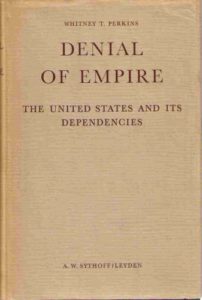
This forthcoming book weaves together global trends that already keep leaders up at night with flavors of the next great conflict between the United States and China: low-tech insurgencies, cyberwar, space combat, Silicon Valley mavericks and more. What Tom Clancy’s Red Storm Rising did for envisioning a conflict in the twilight of the Cold War, Singer and Cole do for World War 3. Ghost Fleet: A Novel of the Next World War While it is soft on international relations, the book touches on many elements relevant to policymakers: resource scarcity driving geopolitical tensions the subsequent rise of eco-terrorism new media’s role in diplomacy and crisis management and a thought-provoking vision of the future of diplomacy in an age where diplomats and celebrities are one in the same.Ģ. This creative political thriller is set in the near future, and centers on a young ambassador uncovering who was behind a plot to kill her. Here’s a list of overlooked books that blends both:

Science fiction in particular can stitch the lessons of history and today’s challenges into a vision of the future in a relatable yet thought-provoking way.Īll this adds up to good news for those tired of bland professional reading lists that crowd out their riveting summer beach reads. In this case, it offers defense planners and policymakers a way to step outside the confines of their own preconceived assumptions and biases they may not even realize they have. As Dwight Eisenhower said, “plans are useless, but planning is indispensable.”īut good news for policymakers: Fiction can provide much-needed insight into future conflict scenarios.įiction offers a new and unique vantage point to examine current political and diplomatic issues from the comfortable distance of imaginary storylines yet with the intensity of a character-driven narrative. But outlining a menu of scenarios that a future conflict could look like is indispensable to current policymakers and defense planners. But that begs the question: is predicting future conflicts an art, a science, or simply a lucky bulls-eye from a volley of shots in the dark?ĭefining the next future conflict in detail may be impossible.

Many have gotten it wrong, but a select few, such as Otto von Bismarck have gotten it right. We have never once gotten it right.”įailing to predict future conflicts is nothing new - it is no doubt a systemic headache of leaders throughout history. During a speech at West Point in 2011, then-Secretary of Defense Robert Gates offered a sobering account of the United States’ track record on predicting future conflicts: “When it comes to predicting the nature and location of our next military engagements, since Vietnam, our record has been perfect.


 0 kommentar(er)
0 kommentar(er)
